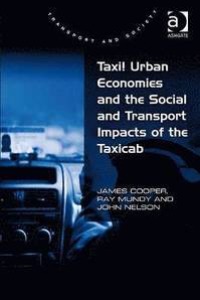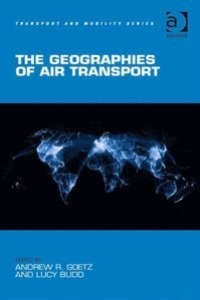
Liknande böcker
Territorial Implications of High Speed Rail: A Spanish Perspective (Transport and Mobility)
Bok av José Maria de. Ureña
High Speed Rail's (HSR) main objective is to attract air passengers between big metropolitan areas however the main territorial implications in many cases occur not in these metropolitan areas but in the intermediate cities. These implications open up new spatial planning possibilities such as decentralization, new regional centres and urban renewal projects. This book presents the experience of 20 years of HSR in Spain including some explicit information, arguments and conclusions derived from HSR in other European Countries. It debates the HSR territorial implications at three scales: national, regional and local, thus being of interest for strategic debates at those scales, such as the decision of new national lines, the pros and cons of deviating the line to reach minor intermediate cities or the selection of precise locations for new stations and the development projects in their surroundings. Comparisons with the recent changes in accessibility, spatial distribution of population and activities, are made with mobility for working purposes and with the characteristics of the HSR passengers. This book also examines the actions, strategies and urban projects that medium size cities can use to make best use of HSR opportunities, synthesising the experience of HSR medium cities in Spain and Europe. The book's conclusions will be of interest, over and above scholars, to transport infrastructure decision makers, city and regional planners and managers, and transport companies.







